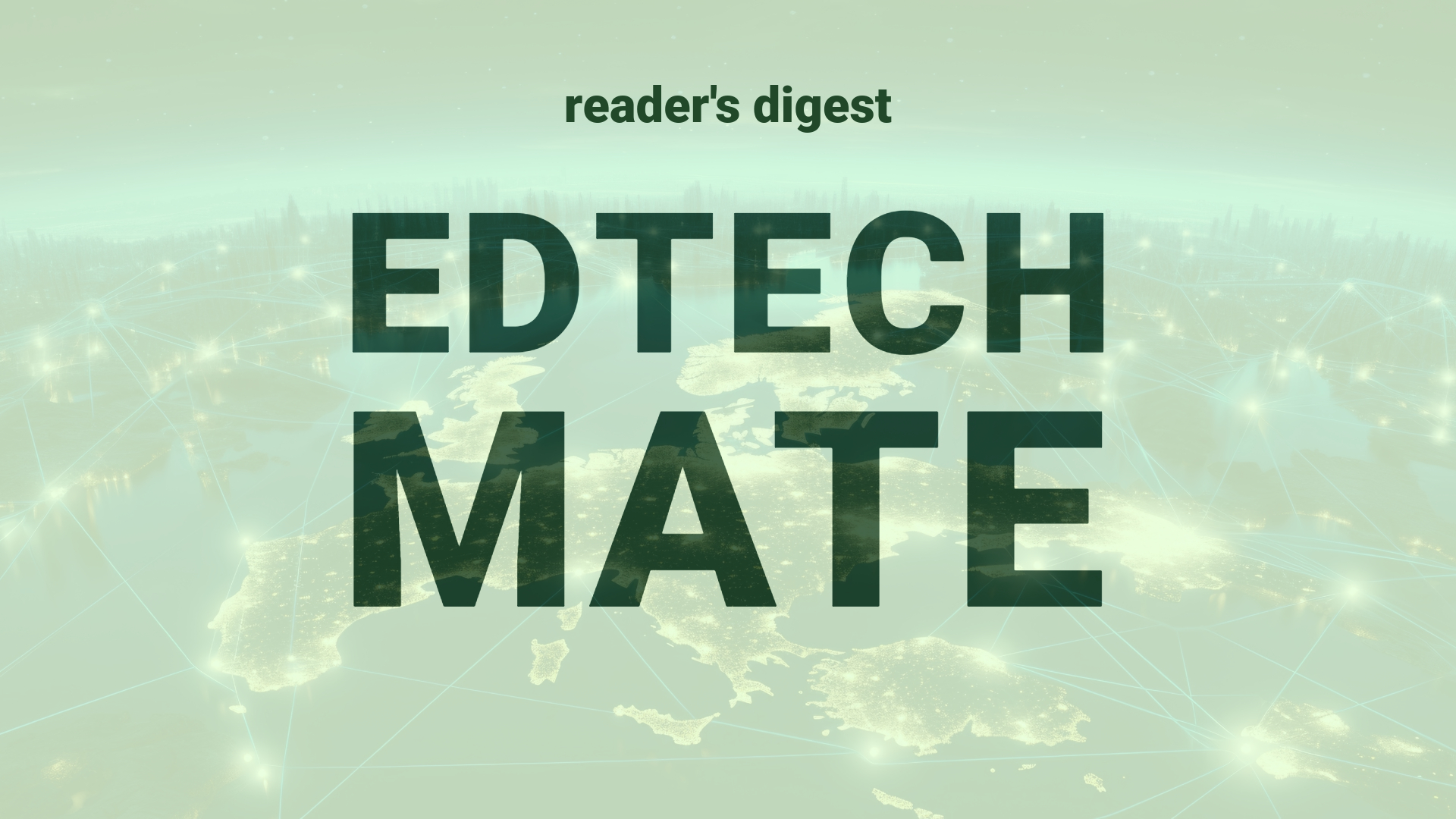Executive Summary and Main Points
In response to prevailing privacy concerns, Google has announced its intention to eliminate third-party cookies by the end of 2025, a move heralding profound changes for digital advertising, online publishing, and the open Internet. The latest episode of Tech at Work by HBR IdeaCast features insights from academic and industry experts who delve into the emerging technologies poised to succeed cookies. Researchers such as Garrett Johnson and executives like Jamie Seltzer are evaluating the trade-offs associated with these new technologies, preparing marketers for this transition and forecasting the potential impacts on the online advertising and publishing sectors. As this innovation unfolds, strategic foresight will be crucial for stakeholders within the international higher education community as they navigate the shifts in digital marketing and content dissemination.
Potential Impact in the Education Sector
The phasing out of third-party cookies could significantly reshape the landscape of digital advertising strategies within Further Education and Higher Education. Institutions reliant on digital platforms for student recruitment, engagement, and delivering online courses will need to adapt their marketing tactics, emphasizing data privacy and adopting new measurement standards. The evolution towards privacy-centric advertising opens doors for strategic partnerships with technology companies championing innovative adtech solutions. Furthermore, the changes may affect the proliferation and marketing of Micro-credentials, necessitating a reimagination of targeted outreach and alumni engagement in a cookie-less digital ecosystem.
Potential Applicability in the Education Sector
Education systems around the world have the potential to harness AI and digital tools to adapt to the absence of third-party cookies. Predictive analytics and AI-driven personalized learning paths could replace cookie-based personalization, providing customized educational experiences while respecting user privacy. Higher Education institutions might explore blockchain to secure student records and achievements while also utilizing decentralized systems for marketing, thus diminishing their reliance on conventional cookie-based tracking. These technologies could seamlessly integrate with micro-credential platforms, yielding a more strategic and consent-based approach to learner data utilization.
Criticism and Potential Shortfalls
Despite the anticipated privacy improvements, the shift away from cookies presents concerns, such as the growing complexity of digital advertising ecosystems and potential over-reliance on proprietary solutions offered by dominant tech firms. Comparative international case studies in the educational domain reveal varying levels of readiness and resource availability to tackle these changes, potentially exacerbating the digital divide. Moreover, ethical and cultural implications loom large as institutions grapple with the balance between personalized experiences and privacy, a tension that may shape the global discourse on digital ethics in education.
Actionable Recommendations
For educational leaders looking to navigate the post-cookie digital terrain, it is paramount to engage with cutting-edge adtech providers and form consortia that can influence the development of privacy-friendly advertising standards. Investing in first-party data strategies will be crucial, alongside training staff in the use of new tools and analytic techniques. Institutions should pilot AI-driven marketing campaigns that honor user consent and privacy preferences. As higher education actors pursue these paths, continuous examination of the regulatory environment and international best practices will be essential to remain compliant and competitive in a rapidly evolving digital marketplace.
Source article: https://hbr.org/podcast/2024/05/tech-at-work-how-the-end-of-cookies-will-transform-digital-marketing

